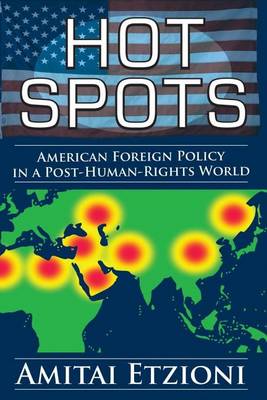There are important reasons for the distinct yet significant course adjustments in American and Western foreign policy, which is currently focused on the Middle Eastern and Chinese "hot spots." In early 2012, the United States "pivoted" to make the Far East its military and strategic first priority, thereby downgrading the Middle East. This change in priorities has been accompanied by a curtailed military budget and the end of the two-war doctrine.
Amitai Etzioni argues that pivoting towards the Far East is premature and flawed in principle. China can and should be treated for the near future as a potential partner in a changing global order, rather than contained and made into an enemy. At the same time, he argues, the true hot spots continue to be in the Middle East, albeit not in Iraq or Afghanistan, but in Iran and Pakistan. Less urgent but of great importance are the ways the West deals with a complex and varied Muslim world, with political Islamic parties and social movements, and with future waves of Arab awaking. Here the distinction between security and nation building becomes essential for both normative and strategic reasons.
Etzioni expects that we will see few armed humanitarian interventions of the kind we witnessed in 2011 in Libya. To this end, he examines policies that threaten and favor the promotion of human rights. This timely book is written with Etzioni's customary deep appreciation for important issues.
- ISBN10 1306903874
- ISBN13 9781306903875
- Publish Date 1 January 2012
- Publish Status Active
- Out of Print 14 April 2015
- Publish Country US
- Publisher Taylor & Francis Inc
- Imprint Transaction Publishers
- Format eBook
- Pages 393
- Language English
